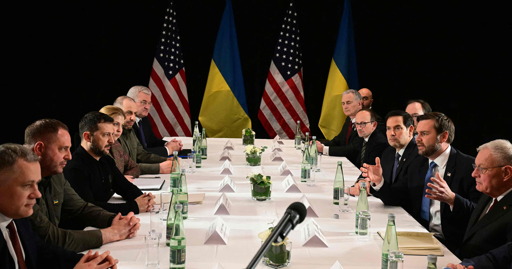

Donald Trump
swaying to the Village People’s anthem YMCA.
Wait…what now? I don’t listen to them and am pretty out-of-touch with music/fan-identity stuff, but aren’t the Village People a gay-themed thing?
kagis
Huh. Apparently so. Not just me who is puzzled.
https://www.thepinknews.com/2025/01/20/village-people-gay-trump/
Just what, exactly, is going on with Village People? And why are they performing at Trump events?
The decision to perform at Trump’s inauguration incurred the wrath of fans, especially as “Y.M.C.A” and other songs by the band have been embraced as queer anthems.
One angry fan wrote on X: “What a f**king, ungrateful, pathetic sellout! If it wasn’t for the LGBTQ community, the Village People wouldn’t have gained such popularity and “YMCA” wouldn’t have become such a mega hit.”
“No surprise that this guy happens to be the ONLY original group member who WASN’T gay,” they continued, referring to Willis.
Another said: “You would think that as a band founded and focused around queer culture, you’d have a little more respect for queer people. Not to mention a backbone, for yourself.”
To understand what’s currently going on with Village People, and how they ended up performing for a President-elect famous for his “grim” anti-LGBTQ+ views, it’s helpful to look at where they came from.
https://www.out.com/gay-music/village-people-trump-inauguration-explained
Jim Newman, a former member of the band for eight years, put out a video on Threads expressing his disappointment at the current version of the Village People.
“The Village People that were around for about 40 years had a strong, loyal gay following,” he said. “There was a lawsuit about four years ago, they took away the name Village People from our band, the band that had been around forever, a lot of originals still in the band, and they gave it to an ex-member who was fired a couple years in. And he started a new group, and that is the Village People that performs. Or Village People would never ever perform at a Trump rally, we would never give him the right to use those songs, and we would never slap the face of the strong, especially gay audience that made us who we are today.”






Oh, for Pete’s sake. We’re going to have a choreographed Independence Day “all waste has been eliminated” set of theatrics, aren’t we?